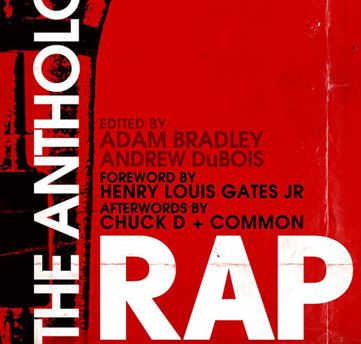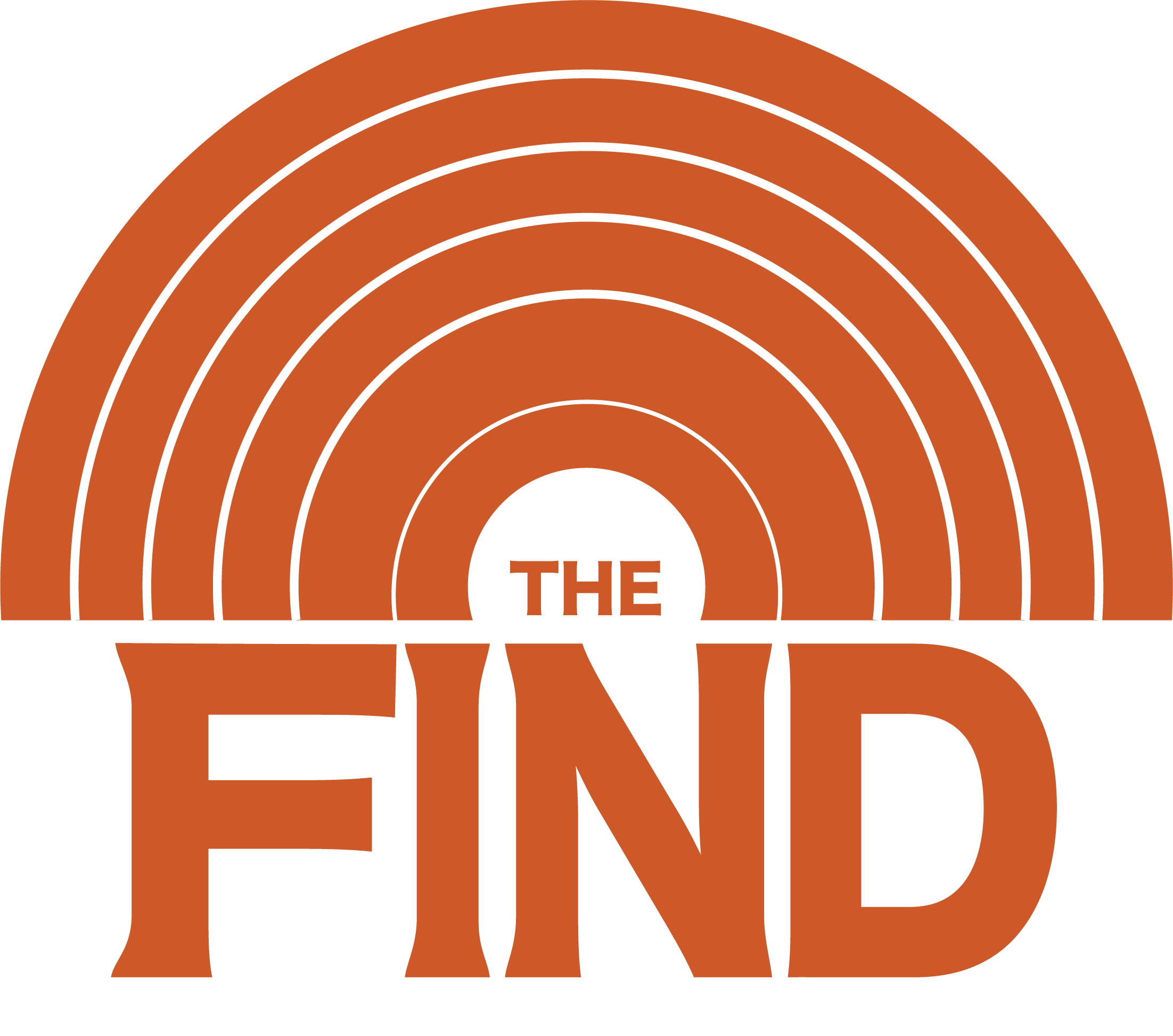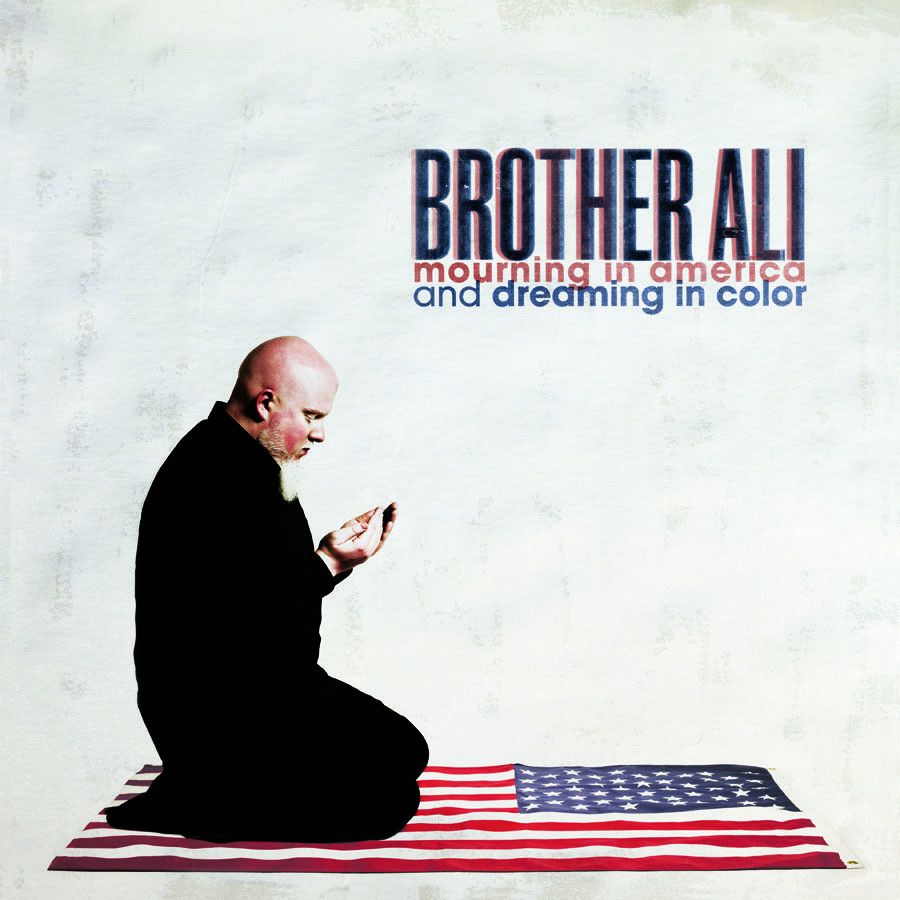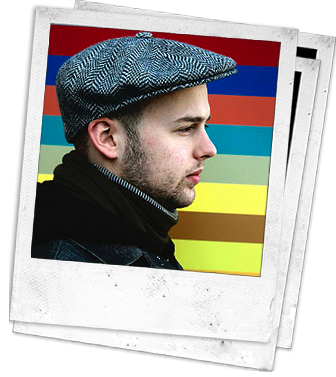Article: The Misinterpretation Of Rap

It was hard not to feel embarrassed as I thumbed through ‘The Anthology of Rap’ after stumbling upon it in my local bookstore. It’s an incredibly sloppy work with glaring errors on seemingly every page. In fact, when one considers the impure practices that went into the text it’s nothing short of being morally -alongside intellectually and artistically- repugnant.
It was hard not to feel embarrassed as I thumbed through ‘The Anthology of Rap’ after stumbling upon it in my local bookstore. It’s an incredibly sloppy work with glaring errors on seemingly every page. In fact, when one considers the impure practices that went into the text it’s nothing short of being morally -alongside intellectually and artistically- repugnant.
Although there are many legitimate issues to be taken with the horrendous transcription of lyrics (for more information see Paul Devlin’s exhaustive Fact-Check the Rhyme and Stakes is High articles, published in Slate magazine) as well as the limited scope of artists, the more disturbing aspect I’d like to focus on is the treatment of the genre -and by extension medium- that the book sets out to celebrate.
It should be noted that the work doesn’t set out to be a mere songbook for fans to follow alongside their favourite hip hop tracks, its intentions are far nobler. ‘The Anthology of Rap‘, edited by Adam Bradley and Adam DuBois, attempts to showcase the best lyricism that hip hop has to offer, spanning from the genres inception to the present day. The ultimate aim, if one is taken in by the dust jacket, is for the reader to walk away from the book with a deepened appreciation for hip hop, and to regard the genre as being poetically among the greatest of all works.
In the foreword written by scholar Henry Louis Gates Jr., the book initially sets out to contextualize rap historically, by tracing its roots to the early twentieth century. It is suggested that hip hop isn’t merely rooted in Jamaican toasting -a widely-held conviction- but instead it goes further back to the tradition of signifying. Gates also lays out the books objective when he says ‘The Anthology of Rap’ is “an essential contribution to our living literary tradition” and that “it calls attention to the artistry, sense of craft, and striking originality” to rap. As a preemptive strike against criticism, Gates asserts that the book is not a “rejection of music”, but is instead “a reminder that the words are finally the best reason for the beat.” This notion is beyond dubious, and approaches an innocent contempt of the medium itself.
This contempt is further fleshed out in the introduction, where emcees are deemed “literary artists”. The subtext reads that literature is the gold standard which music hopes to aspire to. The notion is beyond absurd. While it’s true the lyrical component of rap is fundamental, that does not mean it should be decontexualized it from the music. The introduction goes on to state that the book “treats rap as a body of lyrics that responds to transcription, explication and analysis as poetry”. Sample interpretations of lyrical passages are given, providing juvenile tools of analysis to the reader. The likes of rhyme, assonance, simile, metaphor and alliteration are given to be the parameters great poetry. There’s a palpable naivety to this approach that one simply cannot shake off.
The failure of the book is that in its intention to cement hip hop’s lyrics amongst the greatest of literature, the evidence proves the opposite. D.H. Lawrence described the function of art as a way to break free from the unreality that we tend to occupy, to put a slit in the painted parasol with which we’ve substituted truth; very few of the selections live up to such a qualification. Despite the recurrent suggestion that rap lyrics are of great literary merit in the big picture, there is a disturbing conviction of hip hop exceptionalism that also pervades the text.
If the argument that rap lyrics are in fact works of great depth, they must be judged against other poetry. On the one hand we have Slug, the Notorious B.I.G., Jean Grae, Ice-T, Freestyle Fellowship, Lauryn Hill, Bun B and Eve; and on the other is Paul Celan, Wallace Stevens, Rainer Maria Rilke, William Wordsworth, Robert Lowell, Pablo Neruda, Emily Dickinson and Elizabeth Bishop (all names arbitrarily chosen). Anyone even remotely familiar with poetry on any level can see the gaping discrepancy between the writing of talents of the two groups.
More significantly, they would that see the comparison is unfair. Hip hop isn’t intended to be words on a paper, much of its power is in the expression. The tones, structure, colour, cadence, rhythm and timbre (to name just a few critical aspects of all music) are found within the voice and production. Unlike most poetry, in rap music the voice isn’t written into the lyrics themselves, but instead it is added by the artist. It’s in this way that hip hop swerves away from traditional poetic structures. I should perhaps parenthetically note that to translate the poetry of the latter group listed above to music would be damaging to their work, much like it is destructive to the rap artist to remove their lyrics from their music.
In short, the book attempts to take the music out of music. In his afterword, Chuck D even states that rap is a “great literature”. This sums up the crippling misunderstanding that permeates the entire book. The work fails precisely because it’s frustratingly confused, it doesn’t understand fundamental truisms such as, despite its many literary facets, rap belongs to the medium of music, not literature. In addition to this fatal flaw, the literary interpretation given is alarmingly innocent, the understanding is completely unsophisticated. This puerile literary approach sheds light on the fact that many of the selected lyrics are culpably bad, particularly when they are removed from the context of music. As it stands, a book that deeply understands rap and celebrates it with honesty still waits to be written.
—
Words by: WestGoogle
Buy: Amazon




